Anal Itching Remedy Finder
Select your symptoms to identify potential causes and appropriate remedies for anal itching
When anal itching (also called pruritus ani) is an uncomfortable, often taboo symptom that can make anyone feel self‑conscious, the first reaction is usually a mix of irritation and embarrassment. You might wonder why a simple itch can cause such a mental wobble, and more importantly, how to break the cycle without drawing unwanted attention. Below is a practical, no‑fluff guide that helps you understand the root causes, calm the mind, and get relief fast.
Why the Embarrassment Happens
Embarrassment isn’t just a social feeling; it’s a brain response that amplifies physical discomfort. When you’re worried about others noticing, you may tighten the muscles around the anal area, which actually worsens the itch. This feedback loop is why many people experience a spike in symptoms after a brief bout of anxiety.
Common Triggers and How to Spot Them
Knowing what’s causing the itch gives you a clear path to treatment. Here are the most frequent culprits, each paired with a quick self‑check.
| Cause | Signs to Look For | First‑Line Remedy |
|---|---|---|
| Hemorrhoids | Swelling, occasional bleed, feeling of pressure | Warm sitz baths, topical witch‑hazel pads |
| Fungal infection (Candida) | Redness, moist patches, white discharge | Antifungal cream (clotrimazole 1%) |
| Pinworm infestation | Itching at night, visible tiny white threads | Prescription anti‑parasitic (pyrantel pamoate) |
| Dietary irritants | Symptoms flare after coffee, spicy foods, alcohol | Increase fiber, stay hydrated, limit triggers |
| Excess moisture | Soreness after sweating or after long rides | Moisture‑wicking underwear, gentle drying |
Step‑by‑Step Relief Plan
- Gentle cleaning: Use warm water and a soft, fragrance‑free washcloth. Avoid harsh soaps that strip natural oils.
- Pat dry, don’t rub: Pat the area with a clean towel or a soft cotton pad; rubbing can irritate skin further.
- Apply a barrier: Zinc oxide cream creates a protective seal that keeps moisture out for up to 12 hours.
- Dress smart: Switch to breathable, cotton or moisture‑wicking underwear. Change after any sweaty activity.
- Adjust diet: Aim for 25-30g of fiber daily (whole grains, fruits, veggies) and drink at least 2L of water to keep stools soft.
- Mind‑body reset: When you feel the itch intensify, take three slow breaths, then gently press a cool pack (wrapped in a cloth) to the area for 2-3 minutes. This reduces the itch‑scratch reflex.
When to Call a Professional
If any of the following apply, schedule a visit with a healthcare provider within a week:
- Bleeding that won’t stop after 10 minutes.
- Pain that interferes with sitting or walking.
- Itch that persists despite home care for more than two weeks.
- Visible sores, lumps, or a sudden change in skin color.
Doctors can rule out serious conditions (e.g., eczema, psoriasis, or even early anal cancer) and prescribe stronger treatments like steroid ointments or prescription‑strength antifungals.
Psychological Coping Strategies
Embarrassment often stems from fear of judgment. Here are three low‑effort mental tricks to keep the shame in check:
- Reframe the narrative: Think of the itch as a signal, not a flaw. Your body is telling you something useful, just like a thermostat.
- Talk it out: Share the issue with a trusted friend or partner. A simple “I’ve got a pesky itch” can deflate the awkwardness and remind you that it’s a common problem.
- Practice exposure: If you avoid social events because of the itch, gradually re‑enter situations for short periods. Each successful exposure reduces anxiety.
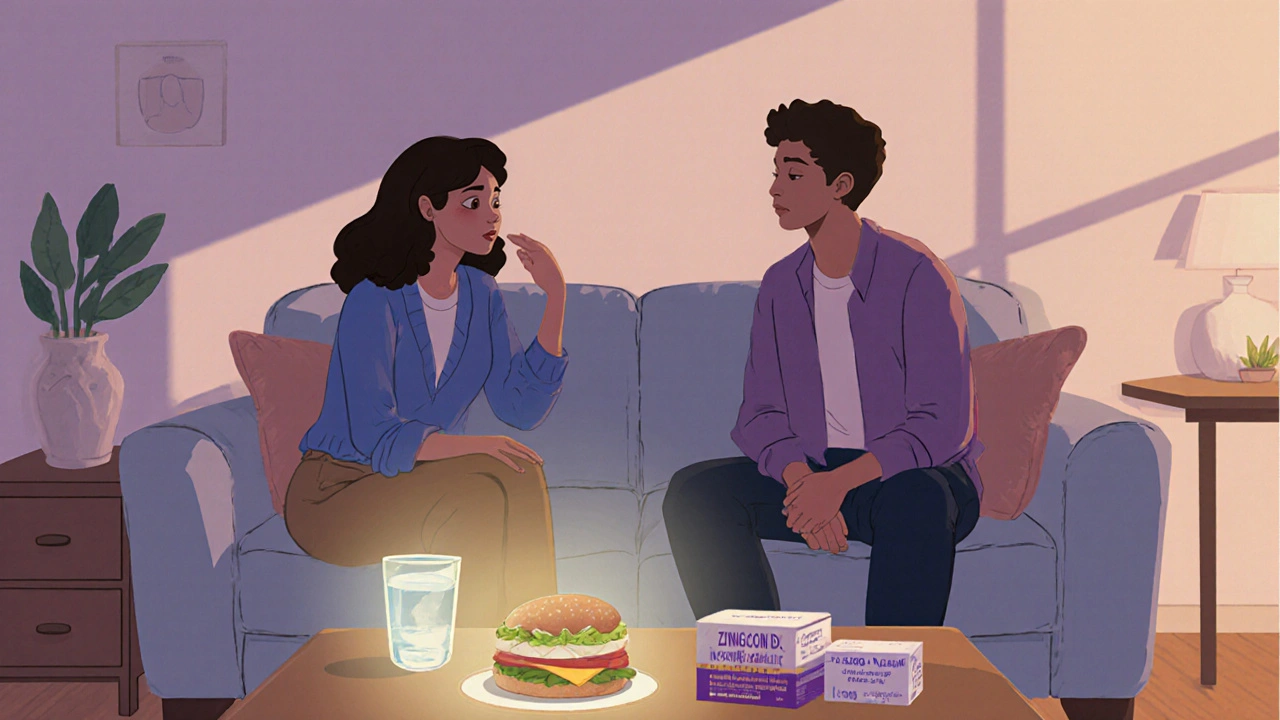
Products That Actually Help (No‑Fluff Review)
Below is a quick rundown of items that have proven useful in clinical practice or reputable consumer reports.
- Moisture‑wicking boxer briefs - keep the area dry, especially after workouts.
- Fragrance‑free hypoallergenic wipes - great for quick clean‑ups on the go.
- Sit‑z Bath kits - a bucket and a few minutes of warm water soothe hemorrhoids and reduce itching.
- Zinc oxide diaper rash cream - inexpensive barrier that works for adults too.
Quick Reference Checklist
- Clean gently with warm water.
- Pat dry; never rub.
- Apply zinc oxide barrier.
- Wear breathable underwear.
- Boost fiber and hydration.
- Use cool compress for flare‑ups.
- Seek medical help if bleeding, pain, or persistence.
- Practice mental reframing to beat embarrassment.
Frequently Asked Questions
Can diet alone cure anal itching?
Diet plays a big role, especially fiber and water intake, but most cases also need topical care or medical treatment. Adjusting food habits speeds recovery but rarely eliminates the problem alone.
Is over‑the‑counter cream safe for long‑term use?
Most OTC creams (zinc oxide, hydrocortisone 1%) are safe for brief periods. Prolonged use can thin skin, so switch to a barrier ointment after the itch subsides.
What if the itch returns after I’ve fixed the cause?
Recurring itch often signals a secondary issue like residual moisture or a new irritant. Re‑evaluate hygiene habits, clothing, and any recent diet changes. If it persists, a doctor can check for chronic skin conditions.
Can stress make anal itching worse?
Yes. Stress tightens pelvic muscles, which can increase skin irritation. Simple relaxation techniques-deep breathing, progressive muscle relaxation-help break that cycle.
Should I avoid toilet paper altogether?
Plain, unscented toilet paper is fine if you’re gentle. Many people find that a moist wipe (fragrance‑free) leaves less residue and reduces friction.
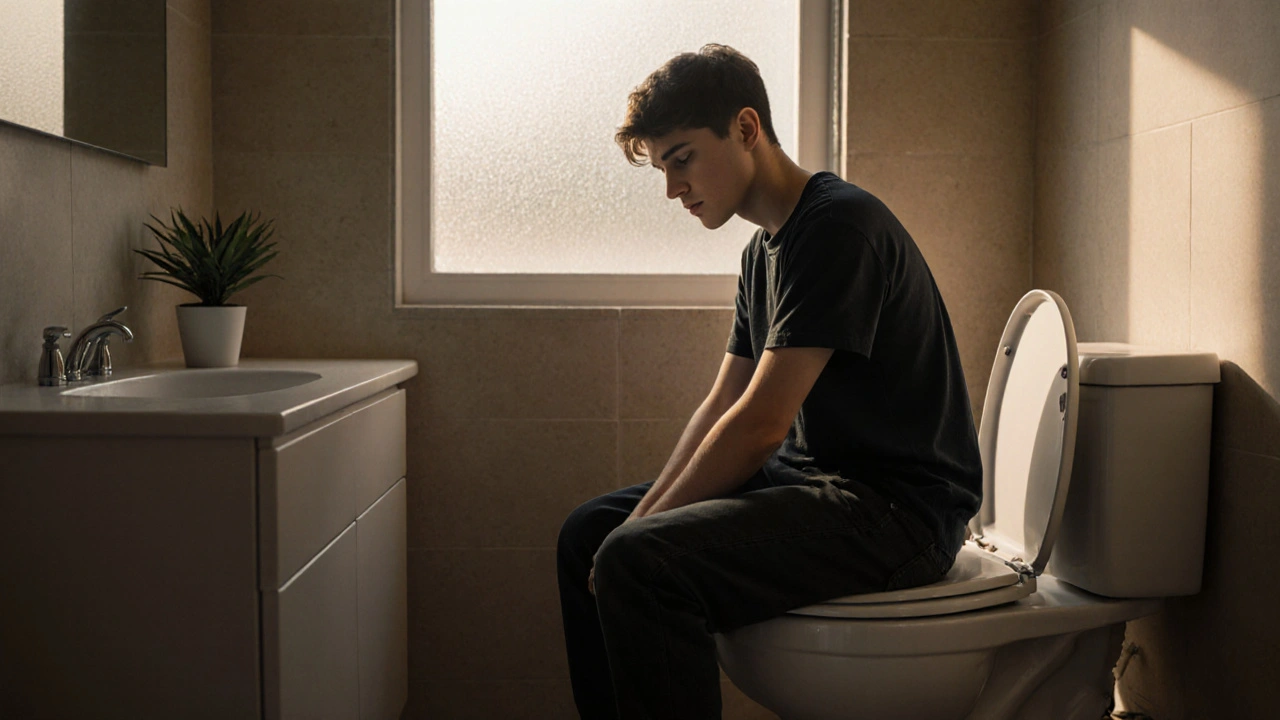
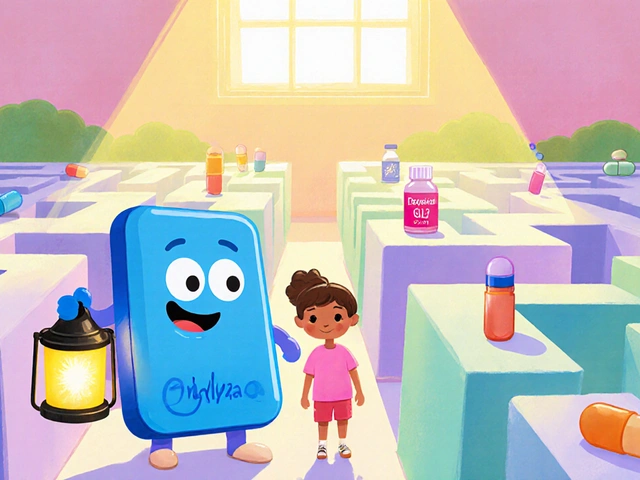
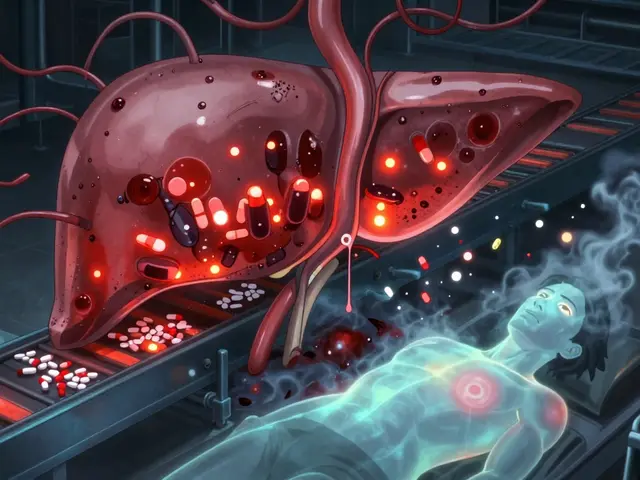


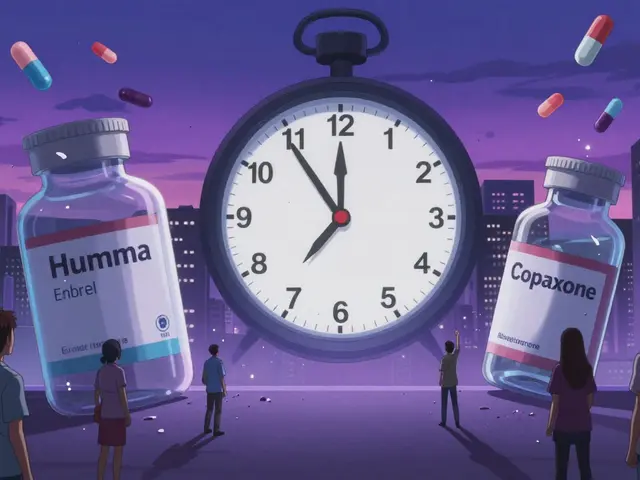
First off, you’re definitely not alone in feeling awkward about an itchy situation. A lot of us have dealt with that uncomfortable tug‑of‑war between mind and body. Keep the focus on simple hygiene steps like gentle washing and a good barrier cream. Remember, taking the sting out of the moment can make the whole thing feel less humiliating.